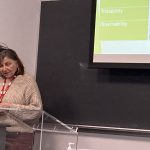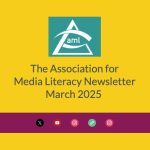Recommended Resources
View AML’s recommended media literacy resources and readings.
Here’s what we read to stay current.
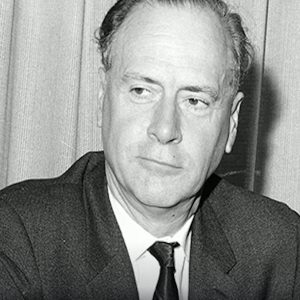
Essential Reading
Marshall McLuhan: The Canadian philosopher whose work is one of the cornerstones of the study of media theory. The Playboy interview remains one of the most accessible sources of his ideas.
The Political History of AML Ontario by Derek Boles. Parts 1, 2, 3.
Media Education in Canada by Barry Duncan, John Pungente, and Neil Andersen
Agency: The Journal of Media Literacy, 2017. Neil Andersen and Carol Arcus, eds.
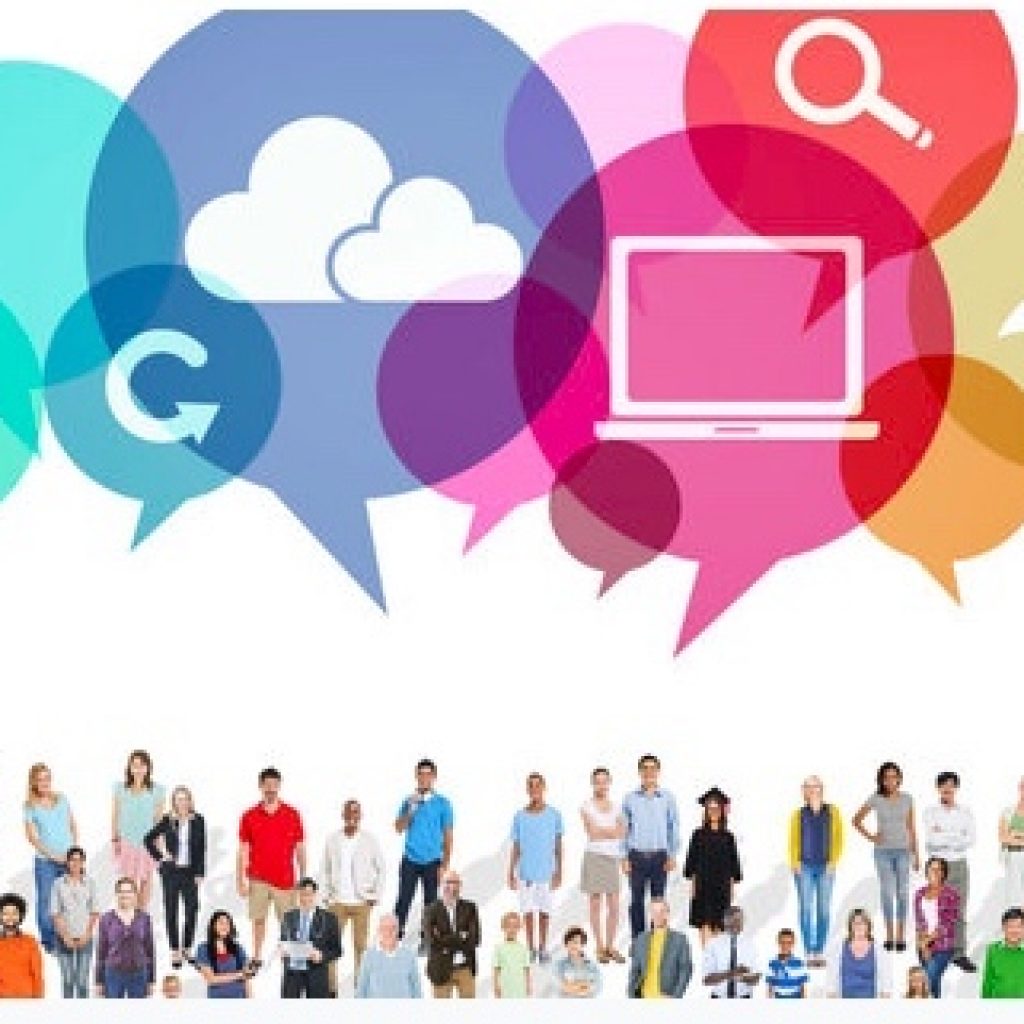
Organizations
MediaSmarts: Canadian not-for-profit charitable organization for digital and media literacy resources.
CIVIX: a non-partisan, Canadian charity dedicated to building the skills and habits of citizenship among school-aged youth. CTRL-F is its evidence-based program that equips students with the habits and skills needed to evaluate online information to determine what to trust.
Hands on Media Education: provides customized, production-based Train-the-Trainer media workshops & resources to educators & organizations
The Citizen Lab: headed by Ron Deibert, this is an interdisciplinary laboratory based at the Munk School of Global Affairs & Public Policy, University of Toronto, focusing on research, development, and high-level strategic policy & legal engagement at the intersection of information and communication technologies, human rights, and global security.
MEA: The Media Education Association (UK)
CEMP: Centre for Excellence in Media Practice (UK)
NewsWise – free, cross-curricular news literacy project for 9 to 11-year-olds across the UK
My Data and Privacy Online: A Toolkit for Young People (UK)
Media Literacy vs Fake News toolkit: Critical Thinking, Resilience, and Civic Engagement. This research project from the Centre for Excellence in Media Practice (UK) aims to help people tackle ‘fake news’ and disinformation with critical media literacy.
NAMLE: The National Association for Media Literacy Education (US)
CML: Centre for Media Literacy (US)
Media Education Lab (US): The Media Education Lab improves media literacy education through scholarship and community service. Areas: research, teacher education, curriculum, advocacy, and youth and community media production.
GAPMIL: The UNESCO MIL Alliance, formerly known as Global Alliance for Partnerships on Media and Information Literacy (GAPMIL), is a groundbreaking effort to promote international cooperation to ensure that all citizens have access to media and information competencies.
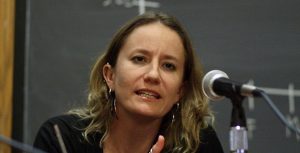
People
danah boyd
Principal Researcher at Microsoft Research. Her academic and scholarly research examines the intersection between technology and society. It’s Complicated: The Social Lives of Networked Teens (2014).
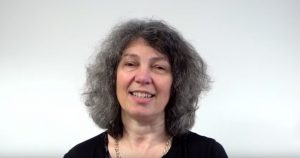
Sonia Livingstone
A UK researcher who conducts investigations into the opportunities and risks of digital media use in everyday lives of children and young people. Read and subscribe to the LSE Blog, Parenting for a Digital Future. See also LSE’s Toolkit, My Data and Privacy Online.
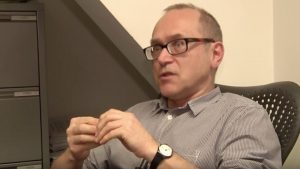
David Buckingham
Scholar, writer and consultant specializing in young people, media and education. Media Education: Literacy, Learning and Modern Culture (2003), has been a mainstay in professional development courses for teachers.
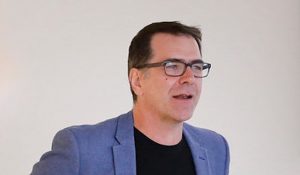
Michael Dezuanni
Deputy Director of Queensland University of Technology’s Children and Youth Research Centre, and member of QUT’s Digital Media Technology Research Centre. He undertakes research and teaching in the field of digital cultures and education.

Jesse Hirsh
Futurist, researcher and public speaker. Subscribe to his paid newsletter for regular analysis, reports, and reviews.
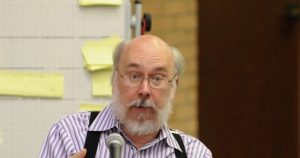
Henry Jenkins
Writer and researcher on various aspects of media and popular culture.
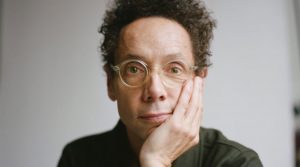

Cory Doctorow
Science fiction author, activist and journalist. He wrote HOMELAND, a YA sequel to LITTLE BROTHER.
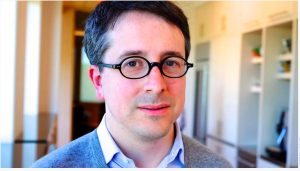
Ben Evans
Benedict Evans is a mobile analyst who writes about future communications technologies.

